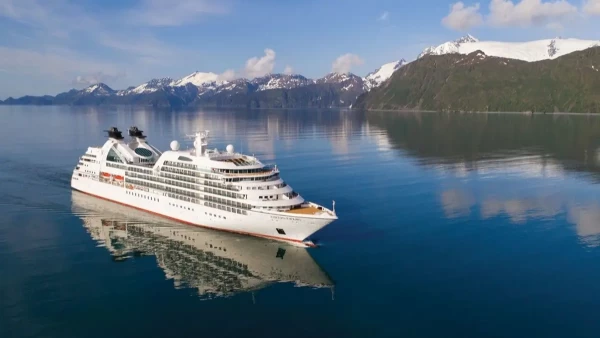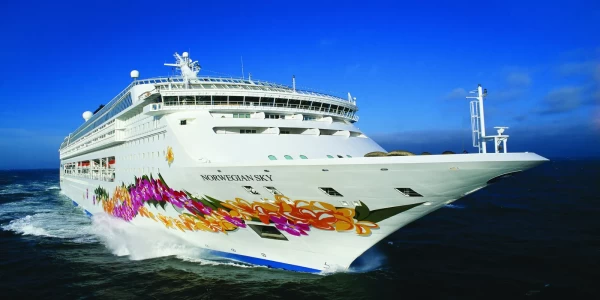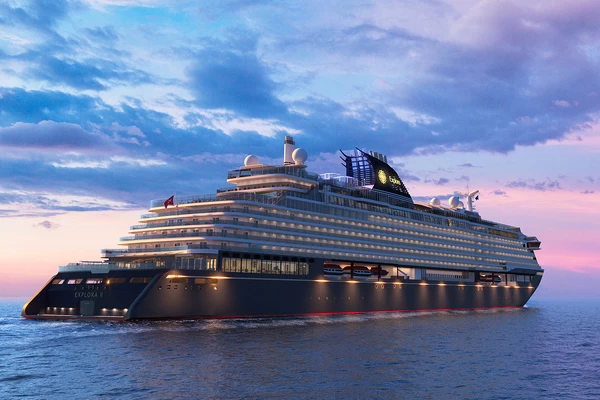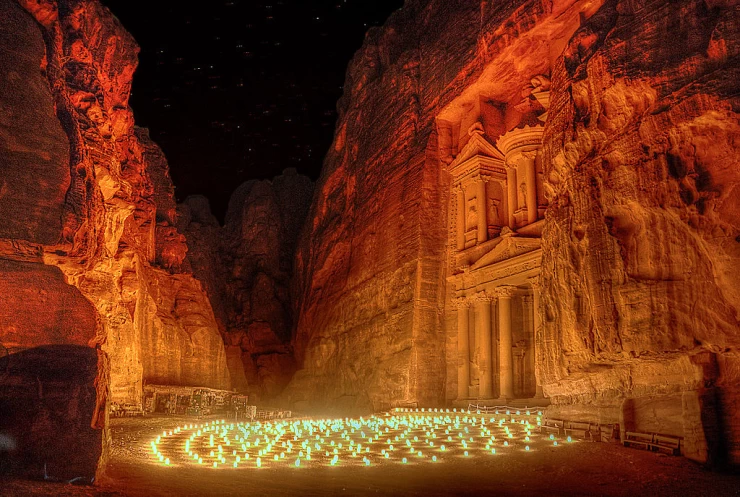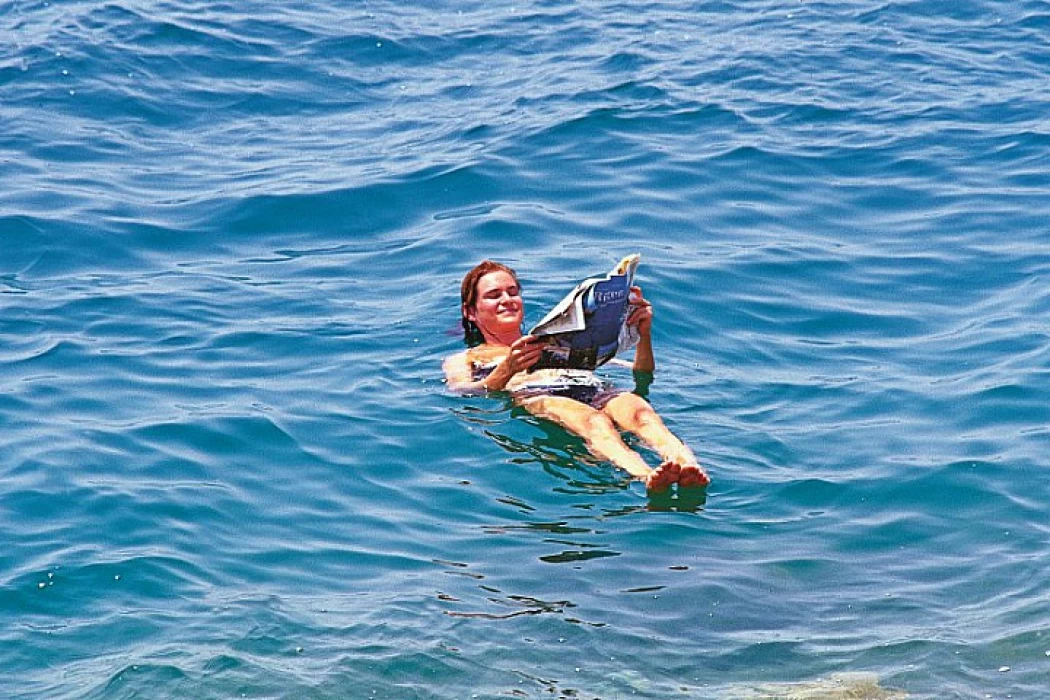
Dead Sea in Jordan
Dead Sea Jordan
The main attraction of the Dead Sea is warm, soothing, and extremely salty water, up to ten times saltier than seawater and rich in salts of magnesium chloride, sodium, potassium, bromine, and many others.
These unusually warm waters, rich in minerals and which allow anyone to float without problems, have attracted visitors since ancient times, even some illustrious characters, such as King Herod the Great and Cleopatra, the beautiful Egyptian Pharaoh.
With its 410 meters below sea level, the Dead Sea is the lowest point on earth. Jordan's Dead Sea coast is one of the world's most spectacular natural and spiritual landscapes and remains as fascinating for today's international visitors as it was for kings, emperors, merchants, and prophets in antiquity. The main attraction of the Dead Sea is of course salt and relaxing water.
The salt content of the water is 31.5% and this causes everything to float on its surface. The water also contains 21 minerals including high levels of magnesium, sodium, potassium, and bromine and 12 of these minerals are not found in any other water reservoir in the world.
The Dead Sea is, without a doubt, one of the most fascinating places on Earth. For that reason, and due to the worldwide fame of its healing properties, one can not withhold himself of a bath in its waters on the public beach of Amman.
It is due to these salinity properties that it allows anyone to float in the Dead Sea without the slightest effort. Swimming here can be a fun odyssey. It is also for this reason that the tourist is advised of a series of precautions to take with this water. "Do not dive" is among the prohibitions.
The temperature can be high. Because it is 400m below sea level and has a high concentration of salt, it is also the hottest place in the Jordan valley. In June, the average temperature is 43ºC - there are days that can reach 55ºC. The air here is heavier than in the desert.
By the Jordan River, you can visit the place where Jesus Christ was baptized by John the Baptist. A short walk connects the visitor center to the baptism site. The ruins of a 19th-century Byzantine church prove that this was an important place of worship.
The Jordan River is the natural border between Jordan and Israel, and the spiritual weight of this place can be felt. Throughout the surrounding area, travelers can see beautiful Christian churches built or under construction.
A well-traveled bridge between sea and desert, east and west, the Hashemite Kingdom of Jordan is a land of mesmerizing beauty and contrasts, from the Jordan Valley, fertile, and ever-changing, to the remote desert canyons, immense and still. Visitors can explore splendid desert castles, gaze in awe at the haunting wilderness of Wadi Rum, or bathe in the restful waters of the Red Sea.
Latest Articles
Admin
Seabourn Sojourn Cruise Stops in Safaga Port
The Seabourn Sojourn, the flagship vessel of Seabourn Cruise Line's ultra-luxury fleet, was built in 2008 at the T. Mariotti shipyard in Genoa, Italy. Measuring 198 metres, it can accommodate up to 450 guests in its 225 spacious all-suite staterooms.
Admin
Norwegian Sky Cruise Stops in Safaga Port
Norwegian Cruise Line operates a cruise ship called the Norwegian Sky. It was constructed in 1999 and can accommodate 2,004 passengers in addition to 878 crew members. The ship has several dining establishments, lounges and bars, a spa and fitness center, swimming pools, and a number of entertainment areas.
Admin
Explora II Cruise Stops in Safaga Port
Explora II, the second vessel in the Explora Journeys fleet, sets sail in 2024 to redefine luxury cruising. With 461 ocean-front suites, 9 culinary experiences, and 4 pools, this haven of sophistication and sustainability promises an unforgettable "Ocean State of Mind" journey to inspiring destinations.
Admin
Mein Schiff 6 Cruise Stops in Safaga Port
The Mein Schiff 6 is the latest cruise ship in the renowned TUI Cruises fleet, offering passengers a luxurious and sophisticated cruise experience. At 315 metres long, this floating resort features a range of dining options, entertainment, and recreational facilities, including a spa, fitness centre, and sports amenities.
Admin
Mein Schiff 4 Cruise Stops in Safaga Port
When the Mein Schiff 4 cruise ship docks in Safaga, Egypt, passengers are granted access to a realm of ancient wonders. Aboard this state-of-the-art vessel, guests can embark on meticulously curated shore excursions that showcase the region's most iconic landmarks, including the Giza Pyramids, the enigmatic Sphinx, and the remarkable tombs and temples of the Valley of the Kings in Luxor.
Admin
MS Europa Cruise Stops in Safaga Port
The Silver Moon, Silversea's latest flagship, is a luxury cruise ship that offers an exceptional travel experience for Venezuelans exploring Egypt. With a capacity of 596 guests and an impressive 40,700 gross tonnes, the Silver Moon maintains the small-ship intimacy and spacious all-suite accommodations that are the hallmarks of the Silversea brand.
